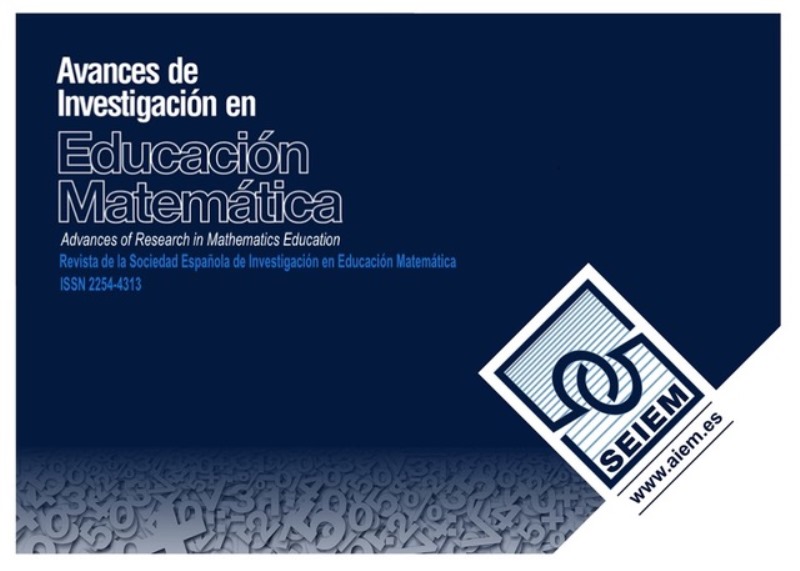Preservice teachers’ beliefs in the context of teaching mathematics to English learners in the United States
DOI:
https://doi.org/10.35763/aiem.v0i19.400Keywords:
English learners, teaching mathematics, language, beliefs, interviewsAbstract
This study examines the beliefs of fourteen preservice teachers in the Southeast United States about mathematics and language in the context of teaching mathematics to English learners. Qualitative interviews were conducted using survey items as a starting point for the questioning. Speer’s (2008) construct of collections of beliefs was used to understand the preservice teachers’ belief system and the interaction of beliefs. Three primary beliefs emerged: mathematics is universal, mathematical language, and language barrier. Their belief about mathematics being universal was grounded in their view that mathematics was mostly about symbols and equations. The preservice teachers believed that there was some language in mathematics, though these features were not as pervasive as the symbolic form. Most of them also believed that the English learners were recent immigrants to the country and that English was a barrier for the students in the mathematics classroom. The beliefs interacted in three ways as they responded to the items: dominance, tension, and convergence.
Downloads
Downloads
Published
How to Cite
Issue
Section
License
The articles published in this journal are under a license Creative Commons: By 4.0 España from number 21 (2022).
Authors who publish with this journal agree to the following terms:
- Authors retain copyright and keep the acknowledgement of authorship.
- The texts published in this journal are – unless indicated otherwise – covered by the Creative Commons Attribution 4.0 international licence. You may copy, distribute, transmit and adapt the work, provided you attribute it (authorship, journal name, publisher) in the manner specified by the author(s) or licensor(s). The full text of the licence can be consulted here: http://creativecommons.org/licenses/by-nc/4.0.
- Authors are able to enter into separate, additional contractual arrangements for the non-exclusive distribution of the journal's published version of the work (e.g., post it to an institutional repository or publish it in a book), with an acknowledgement of its initial publication in this journal.
- Authors are permitted and encouraged to post their work online (e.g., in institutional repositories or on their website) prior to and during the submission process, as it can lead to productive exchanges, as well as earlier and greater citation of published work (See The Effect of Open Access).









